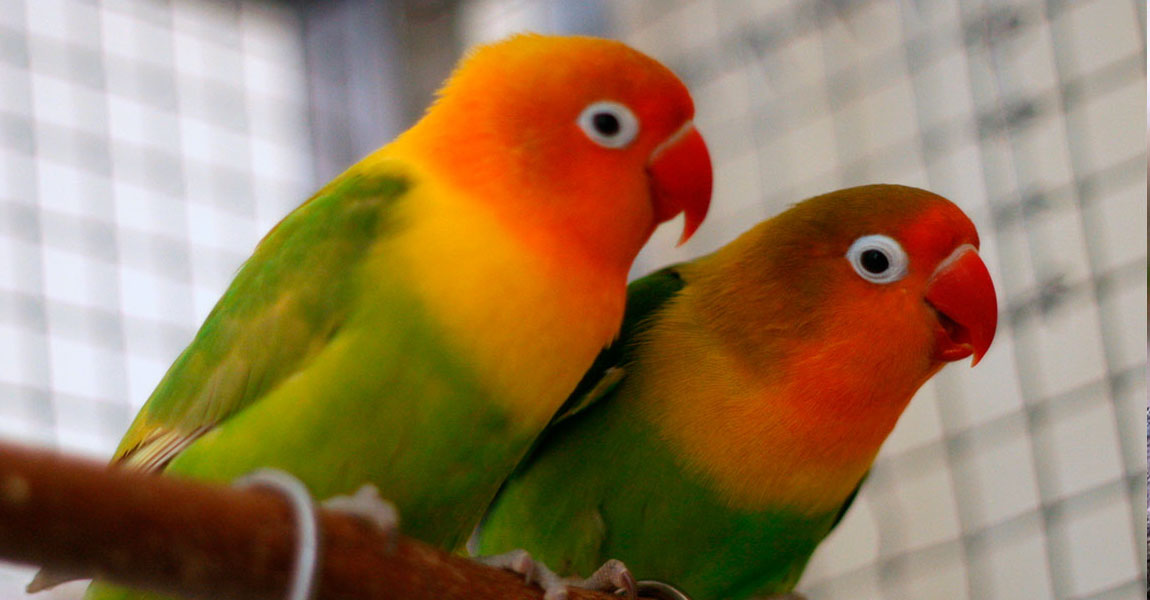Introduction:
Love birds are not only delightful companions but also intelligent birds capable of learning and understanding basic commands. Training your love birds not only strengthens the bond between you but also provides mental stimulation and enhances their overall well-being. In this article, we will explore essential tips and techniques for basic training, enabling you to establish a positive and cooperative relationship with your feathered friends.
Patience and Consistency:
Training love birds requires patience and consistency. These birds are naturally intelligent and can learn a variety of behaviors, but it's important to remember that each bird has its own pace. Set realistic expectations and work with your love birds regularly, using short training sessions of about 10-15 minutes to maintain their focus and avoid overwhelming them.
Positive Reinforcement:
Positive reinforcement is the key to effective training. Love birds respond well to rewards, such as praise, treats, or their favorite toys. When your love bird performs a desired behavior, immediately offer a reward along with verbal praise. This positive association encourages them to repeat the behavior in the future. Avoid punishment or negative reinforcement, as it can harm your relationship with your birds and hinder their progress.
Target Training:
Target training is a fundamental technique that can be used as a foundation for more complex behaviors. Start by introducing a small stick or a target stick. Present the stick to your bird and reward them when they touch or approach it. Gradually move the stick in different directions, encouraging your love bird to follow it. This exercise helps build focus, coordination, and trust between you and your bird.
Step-Up Command:
The "step-up" command is an essential behavior for love birds, as it enables them to move from one place to another while perched on your finger or hand. To train this behavior, place your finger or hand in front of your love bird's chest, just below its feet. Gently apply pressure, and say "step up" or a chosen command. Reward your bird when it steps onto your hand. Repeat this exercise daily, gradually reducing the pressure until your love bird willingly steps up on command.
Recall Training:
Recall training teaches your love birds to come to you when called, enhancing their safety and providing a sense of freedom within controlled boundaries. Start in a small and secure space. Say your love bird's name followed by a recall command, such as "come" or "here." Extend your arm or hand and encourage your bird to fly to you. When they do, offer enthusiastic praise and a treat. With practice, gradually increase the distance and work in larger areas, always ensuring a safe environment.
Socialization:
Love birds are social creatures, and proper socialization is crucial for their well-being. Expose your love birds to various experiences, sights, and sounds in a controlled manner. Introduce them to new toys, different people, and gentle handling. Gradually expand their social interactions, helping them become comfortable and confident in different environments.
Conclusion:
Training your love birds is a rewarding experience that strengthens your bond and promotes their mental and emotional well-being. Remember to approach training with patience, consistency, and positive reinforcement. Celebrate small successes and avoid forcing or overwhelming your birds. With time and effort, you'll be amazed at the behaviors your love birds can learn and the deeper connection you'll develop with them. Enjoy the journey of training and nurturing your love birds, and cherish the joyful and fulfilling companionship they bring to your life.





